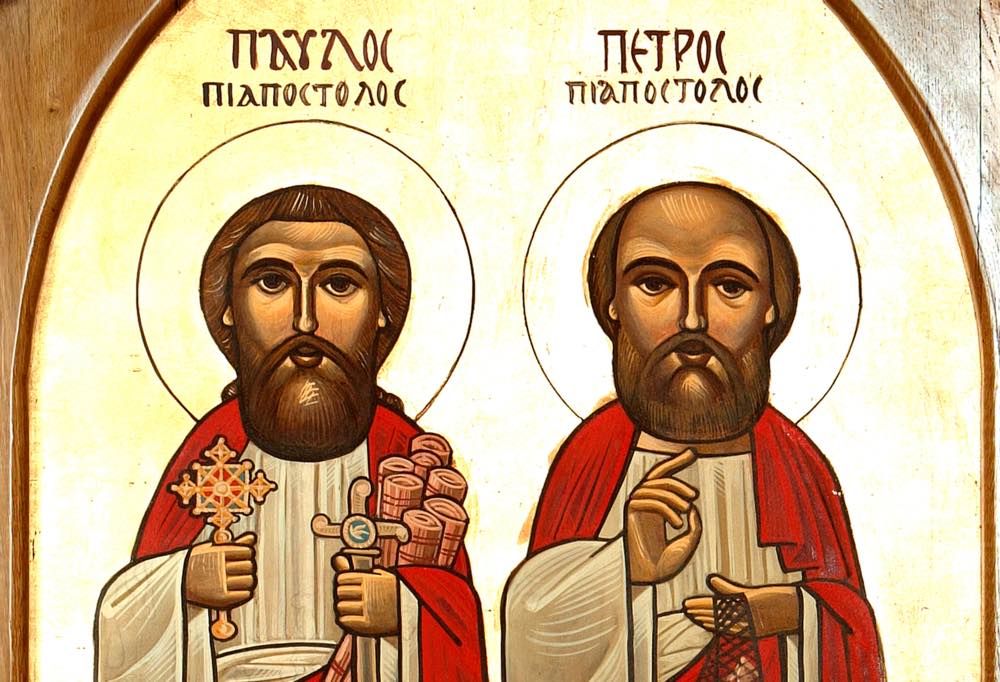Anastasios
Objection 1: God gives us only an illusory happiness. So the abolition of the idea of God will also bring real happiness.
Objection 2: The idea of God and of religion has brought as consequence lack of respect for women, who were considered of little worth and also deprived of a soul.
Objection 3: The idea of the greatness of God has caused lots of wars because of religion. If we eliminated God we would surely live in a much better world without wars and conflicts.
On the contrary, in 1 Chronicles (29:11) it is said: “Yours, O LORD, is the greatness and the power and the glory and the victory and the majesty, indeed everything that is in the heavens and the earth; Yours is the dominion, O LORD, and You exalt Yourself as head over all.”
I answer that is not correct to blame God for human faults. Indeed all the questions above, directly or indirectly derived from a very popular book from 2007, God is not Great, by the very famous British writer Christopher Hitchens. The book caused a lot of stir and turmoil, because it challenged the religion event upfront, something that is probably not even bad in the sense that gives to apologists the possibility to answer directly.
Mary Riddell in The Guardian, pointed out: “Religion, in God Is Not Great, is ‘violent, irrational, intolerant, allied to racism and tribalism and bigotry, invested in ignorance and hostile to free inquiry.’ Guilty of misogyny, child abuse and fraud on a monumental scale, it is ‘a plagiarism of a plagiarism, of a hearsay of a hearsay, of an illusion of an illusion.’ On this foundation, an anti-God industry has set out its groaning bookstall. After Richard Dawkins, Daniel Dennett and Sam Harris, Hitchens is the latest fire-and-brimstone atheist. Having sharpened his ire on targets such as Mother Teresa, whom he once denounced as a fanatic, he now takes on an opponent he may consider to be more his own size. Even the most diehard non-believer may balk slightly at the notion of Hitchens as an alternative deity. Not that he sets himself up as such. But even his title, the negative of “Allahuh Akhbar,” the legend Saddam inscribed on the Iraqi flag, implies a certain greatness in the author. This is Hitch versus God, slugged out to the bloody death.”
Yes, the very risk of all of this is that man wants to remove God because he wants to install a new deity: himself. And the process is very well on its way. This is a flawed attempt, as explained by Sam Schulman in The Commentary Magazine: “What, then, does Hitchens wish to put in place of religion? He calls for a new Enlightenment, and proposes that we realize its promise by imitating the Socratic method of rational thinking—a suggestion that compels him to engage in some fancy footwork in order to deny there was anything supernatural in Socrates’ insistence that he had a daimon, an inner voice, that enabled him to distinguish good from evil. But this recommendation falls into the same morass as Hitchens’s urging of Shakespeare and Tolstoy over the Bible as teachers of morality. In each case the point is not only anachronistic but odd, given that none of these sages, let alone the Enlightenment itself, is remotely conceivable apart from the religious civilization out of which they all sprang.” So, we can see that if you try to go away from religion you have no good place to go.
Reply to objection 1: This is what Marx was thinking, as quoted from the Hitchens book. But if we give up that “illusion,” what is the happiness we have in reality? Because then, usually, people defending atheism start to tell you that happiness is in a beautiful landscape, in art, in people you love … and more they talk and more they sound very spiritual. And how to explain the longing for beauty we have? Is it not true that behind all beauties we are looking for an original Beauty?
Reply to objection 2: First of all, it is not true that the Church has believed that women had no soul. It may be possible that some isolated preachers have said something like that (I am making an hypothesis) but this was never the teaching of the Church. Women in Catholic societies had often a place similar to the one they have in other religious societies, with the difference that in the Catholic Church the Mother of Jesus, the Blessed Virgin Mary, a woman, has a place of honor that makes her much higher than all the other saints, even if they are men. And countless saints and men of faith have worked to improve the conditions of women in society, let us not forget the schools, the orphanages, the charitable institutions. And women were helped and treated there without any difference with men.
Reply to objection 3: War has nothing to do with religion but with human nature, and this can be very well explained with evolutionary psychology. Saying that God or religion is responsible for war is like saying that British people are responsible for their bad weather.


 Follow
Follow


